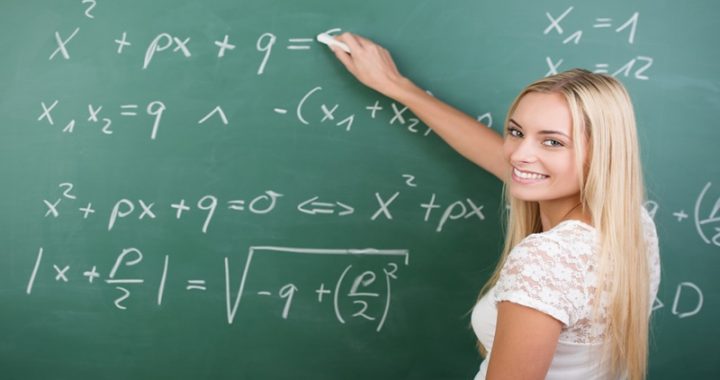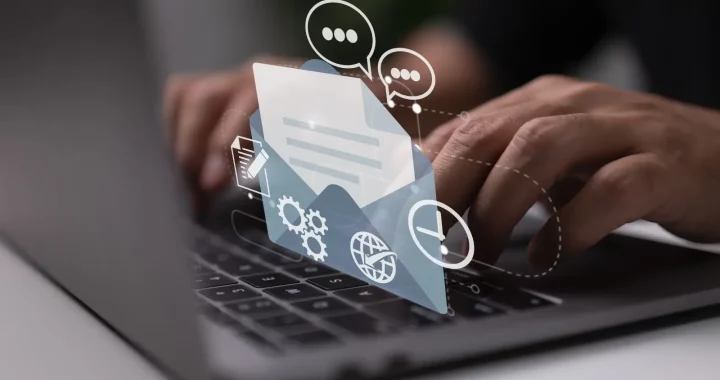What is the syllabus for the CSPHCL JE exam?
3 min read
Last Updated on January 27, 2022 by Aaron Thompson
The CSPHCL JE exam syllabus includes specific topics and updated knowledge of professional concepts by the education, general knowledge and logical reasoning abilities of the candidates. The question paper includes many diploma-level problems in the CSPHCL JE exam.
With the mode of the exam being online the centres are allotted to the candidates as per respective dates and timings. The objective type of questions is asked in the exam. You can visit BYJU’S Exam Prep for further information about the exam.
CSPHCL JE Exam Pattern
The CSPHCL Junior Engineer exam pattern is discussed here.
- First, deals with the professional knowledge and skills course.
- The second part of the syllabus includes the knowledge in general and questions/problems related to logic and reasoning.
- The maximum marks for the examination is 100 marks.
- The general knowledge and logical reasoning carry a total of 20 marks while the professional knowledge of the subject carries a total of 80 marks making the maximum marks to be 80+ 20 that is 100.
- The question paper for the exam is made in both of India’s most spoken languages that are English and Hindi.
- With the criteria of a deduction/negative marking of one-fourth mark for every wrong answer. A score of one mark for each correct answer, the exam is actually on the tougher side.
- With the duration of 2 hours, enough time is given to the candidates for attempting the questions.
| CSPHCL JE Exam Pattern | |||
| Subject | No. of Questions | Marks | Duration |
| General Awareness & Reasoning | 20 | 20 | 2 hours |
| Professional Subject | 80 | 80 | |
| Total | 100 | 100 | |
CSPHCL JE Syllabus
The subject-wise syllabus for CSPHCL JE exam
Discussing the first part of the exam: Professional concepts syllabus for CSPHCL JE Exam
After the idea of the scores and marks of the exam let’s take a look at well explained (subject-wise) professional concepts included in the field. The CSPHCL JE exam includes a general syllabus for various types of engineering courses like mechanical engineering, technical engineering, IT, Computers, electrical engineering etc.
Diploma level engineering: The concepts included are Electronics, applied sciences & mathematics, Electric circuit and laboratory, elementary physics, a C level programming, electrical machinery, power generation, installing designs, embedded lab systems, estimation and specifications, electrical motor control, basic skills of management and controlled and industrial devices, power lab electronics, switch gears and protection of the same.
Computer Science Diploma Syllabus: The professional concepts include – database management system, C level data structures, microprocessors and chips, web designing, industrial management and smart technologies, robot programming net with C++, advanced system administration and mobile application, development in mobile application and computer technology, software engineering as well as hardware and networking knowledge.
Mechanical Diploma Syllabus: The theory of types of machinery, engineering mechanics and the fundamentals in computer labs, thermodynamics plus thermal engineering including the fluid mechanics. Applied electronics and electrical engineering, tool engineering as well as manufacturing and industrial processes, cost estimations. Contracting industrial manufacture, and metrology and instrumentation.
Civil diploma Syllabus: Knowledge about construction, public health and civil engineering, management as per the fields of construction accounting as well as entrepreneurial development estimating valuation and costing engineering targeted to transpiration and irrigation and many of the topics as mentioned above
CSPHCL JE General Awareness and Reasoning
The general awareness as per the syllabus includes the concept such as history, Indian culture politics and economy, Indian geography and social-economic development etc., specific dates and days.
The logical reasoning part of the exam includes Arithmetic, analogy and relationship, figure classifications, differences and diagrams, encoding, decoding, paper folding, similarities-dissimilarities and Venn diagrams.






